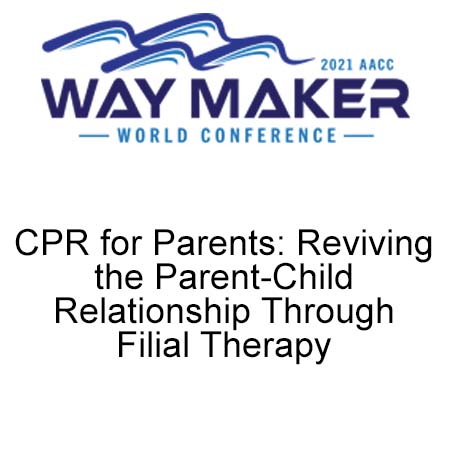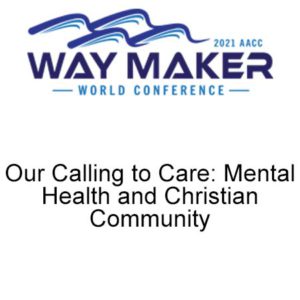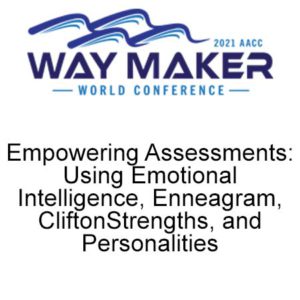Description
208: CPR for Parents: Reviving the Parent-Child Relationship Through Filial Therapy
Daniel Sweeney, Ph.D.
George Fox University
12753 SW 68th Ave.
Portland, OR 97223
Summary
Child behavior and parental actions are too often pathologized. CPRT (Child-Parent Relationship Therapy) is a filial therapy approach that is focused on building and enhancing the parent-child relationship, as opposed to diagnosing children or parents as problematic. Filial therapy is a relationally-based parent training program concentrating on building the parent-child relationship utilizing play therapy skills. It is focused on training parents to be the therapeutic change agent(s). As a filial therapy intervention, CPRT is an evidenced-based child therapy intervention (Cornett & Bratton, 2015; Landreth & Bratton, 2020; Lindo et al., 2016). The efficacy of filial therapy as a psychotherapeutic intervention has been well established with a variety of populations, including, but not limited to, single parents, parents of chronically ill children, incarcerated parents, parents of learning-disabled children, non-offending parents of sexually abused children, foster families, and various ethnic populations. Efficacy measures include levels of parental stress, parental report of child problem behaviors, child self-esteem, and others. Many parent training programs focus on behavior management and control of children. While these are important aspects of maintaining a stable family home, they are not long-term solutions for problematic situations. CPRT focuses on the parent-child relationship, with the expectation that positive communication, limit-setting, and discipline will flow out of a solid parent-child relationship. Parental management in the absence of a rooted parent-child relationship eventuates in continuing challenges. This workshop will include a description of CPRT (filial therapy), the basic therapeutic rationale, demonstration of how play therapy skills can be taught to parents, and discussion of the supportive empirical research. The presentation format will include lecture, audiovisual (PowerPoint and video demonstration), audience discussion, and question/answer.
Learning Objectives
Participants will:
• Describe CPRT (filial therapy) and its rationale for therapeutic utilization within play therapy or with a licensed mental health professional
• Summarize the supporting empirical research on the use of filial therapy with at-risk populations
• Apply filial therapy training to family therapy





